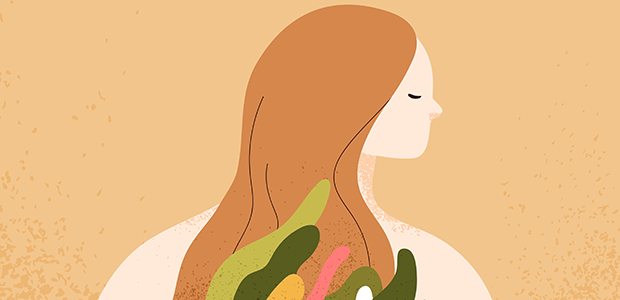
Understanding the menopause in the workplace
WomenWise has begun a menopause revolution helping women understand their midlife body, so they know how to support it through perimenopause and beyond. Here we explore how workplaces can better support women in the workplace, support and empower employees and break the stigma.
There are four million women transitioning through perimenopause in the UK and these women are the fastest growing demographic in the workplace. This is a group of fantastic, talented, resourceful women and most of them are experiencing symptoms that negatively affect how they feel. Many even carry on delivering in their jobs, day in, day out but with some emotional cost.
Others feel their ability to do their job is compromised – nearly one million women have resigned from their jobs because they’re struggling with menopause, others take a step back (36% of women have been reported as saying they are avoiding promotion).
This is a shocking waste of talent and potential, and can be avoided.
There are so many reasons why women can begin to feel less than their best from about our mid 40s onwards. Changing levels of oestrogen, progesterone and testosterone are one part of the picture, but it’s also about imbalances in our metabolic health, our brain chemistry, our stress resilience, even down to some key nutrient deficiencies.
WomenWise start with testing and a detailed questionnaire to understand a woman’s biology and lifestyle. Only then do we build a set of recommendations that are right for them.
“With the right knowledge about why we feel the way we do, we’re able to take the right actions. That could be hormone support but it’s also making the right choices for our biology across nutrition, exercise, stress management and how we support our sleep for example,” explain Co-Founders Sarah Williamson and Keith-Roach.
Supporting and empowering women in the workforce
The start point must be an open and supportive environment where women feel comfortable talking about how they feel and any issues they’re facing. More education about menopause is the next obvious step – both for women who are approaching or experiencing menopause – and their co-workers.
Beyond that we would love to see employers help women manage their symptoms more pro-actively rather than helping them adjust their lives around symptoms. A classic example is hot flushes – wouldn’t it be fantastic if employers helped women avoid having hot flushes rather than giving them access to a fan?
Breaking the stigma around menopause at work
Talking and an open attitude is key, but workplaces should be more ambitious than this. Menopause will cease to be something people feel awkward about when women are able to go through it as a natural transition that doesn’t significantly impact how they feel and how they perform at work.
That’s about giving women the right knowledge so they can support their body appropriately and get through menopause without skipping a beat. We don’t have to spend years feeling less than our best if we know what to do.
Personalised menopause insights
“Personalisation is a very important part of what we do at WomenWise. No-one’s body is the same, no-one’s menopause is the same, so no-one’s approach to getting through menopause is going to be the same. What works for your sister or your friend, won’t necessarily work for you.
“Our testing approach means that we start with a comprehensive picture of how your body ‘ticks’. Where your imbalances are, how do your genetics contribute, the impact of your lifestyle choices (what you eat, the kind of exercise you do etc). Only when we understand your body in detail do we make recommendations about the support your body needs,” explain Sarah and Keith.
It’s really as simple as that – first understand, then act.
Taking control of your own health
There is a huge amount women can do to look after their own health, even at a time when it can feel like the wheels are falling off. And much of it is right there, at your fingertips.
What you eat can make a huge difference, exercise can be transformative, building your stress resilience will help with how you travel through your day and how well you sleep at night.
Beyond this there are options to help support your changing levels of oestrogen, progesterone and testosterone. Be informed and go and have a conversation with your doctor about HRT if that’s something that interests you. There are also well researched herbal alternatives for those who prefer a natural route.


